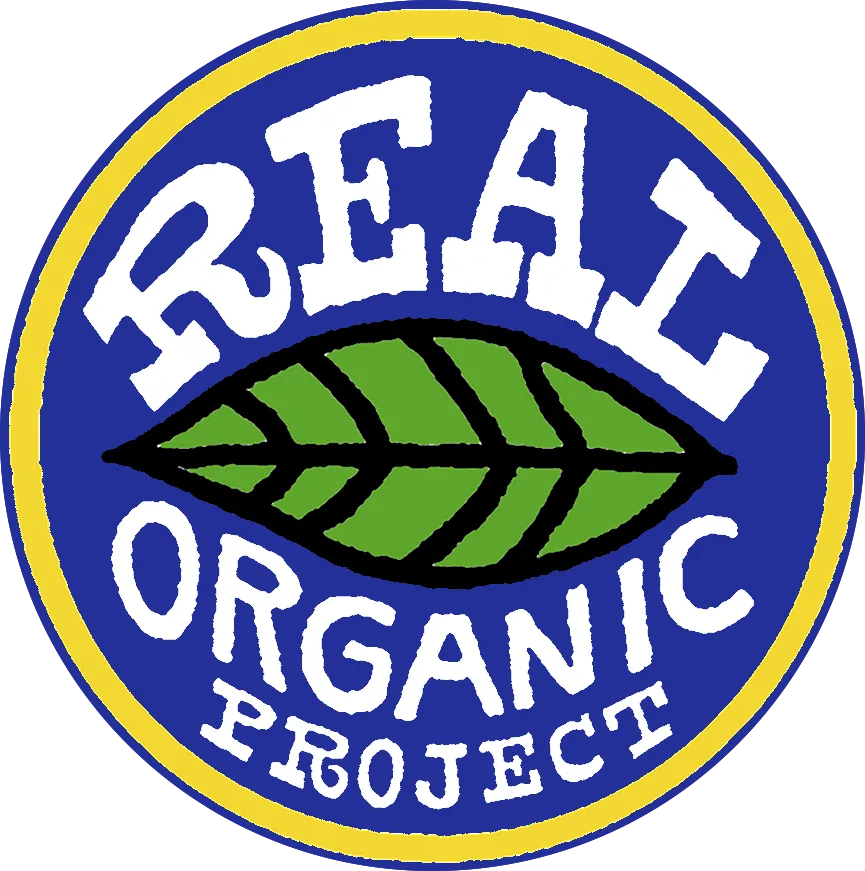Hope for a Fuller STory: Veggie Share Week #5 – 11/24/21
Hopes for a Fuller Story
As a grower and lover of food, I’m all about any holiday that encourages people to sit down and share a meal together in gratitude. I’m super excited to host this year – cooking chickens I raised, and gracing the table with delicious November crops in dish form.
However, as an educated parent with kids in public school, it is distressing to see my kids coming home with talk of turkeys and Pilgrims, and settler/Native “cooperation” in such a rosy light. I think it’s important to shine light on the darker truths that underlie this holiday as well.
I know some families choose not to celebrate it at all. I know one family that elects to call it “Thanksgrieving” instead. In my family, we still celebrate it, but I try to make sure time is given to talking about the broader, true history this holiday often obscures.
The following editorial from a parent, teacher, and former president of the National Indian Education Association says it quite well and I though in lieu of my voice this newsletter, a Native woman’s voice should be heard instead:
Yatibaey Evans UPDATED NOVEMBER 25, 2015, The New York Times
Let’s All Tell the True Story About Thanksgiving
Let me tell you a story, a true story.
The other night, while reading Howard Zinn’s, “A People’s History on the United States,” my 7-year-old son came into my room and asked if I would read the book aloud to him. A description of Columbus’ invasion and the genocide of the Arawak people was told.
My son interrupted me, “Mom, is this true? Why don’t they teach me this in school? I learned that Columbus was a good man.”
I responded by saying, “It’s difficult to tell of a history that is sad.”
I began reading more, but my son stopped me and said, “You don’t have to read aloud anymore; this is so sad. Why would someone do this?”
My eyes welled up as I began to explain a person’s ego and drive for power and privilege. He began to cry as he felt the pain of our ancestors, our people, our grandmas and grandpas. As we held each other closely, with tears falling, I went on to talk about forgiveness and love.
A happy story makes us feel good. Is telling a lie perpetuating happiness or covering a frightful truth in hopes of creating assimilated citizens?
Like the misconceptions of Columbus, the truth about Thanksgiving is often left out of children’s education. Turkeys line hallways; happy Pilgrims and Wampanoag are featured in projects and glamorized in stories. Over the years, the real Thanksgiving story that included thievery and death of a people was recreated to tell only a happy story. A happy story makes us feel good. Is telling a lie perpetuating happiness or rather covering a frightful truth in hopes of creating assimilated citizens? Stopping to give grace or be thankful is not bad, but maybe by telling a fuller story we can open opportunities for healing dialogues.
As a teacher, I know that the majority of my fellow educators have positive intentions and are required to follow the curriculum. It takes effort, time and energy to go above and beyond the requirements of today’s academic objectives. For all who endeavor to change what is taught in our schools, you must be willing to give of yourself, to stay up late, to think a little harder and bring forth that extra effort.
We have grown up in a time where we know the truth, we know what injustices are, and we know we can make a difference. I call on teachers, parents and grandparents to share a fuller truth, shine light on a fuller picture. By tending the soil for deeper roots we sow the seeds of stronger plants; and we can transform a generation of people.
___________
May you and your family enjoy a wonderful holiday together, in whatever way you celebrate.
Sincerely,
Farmer Cassie






